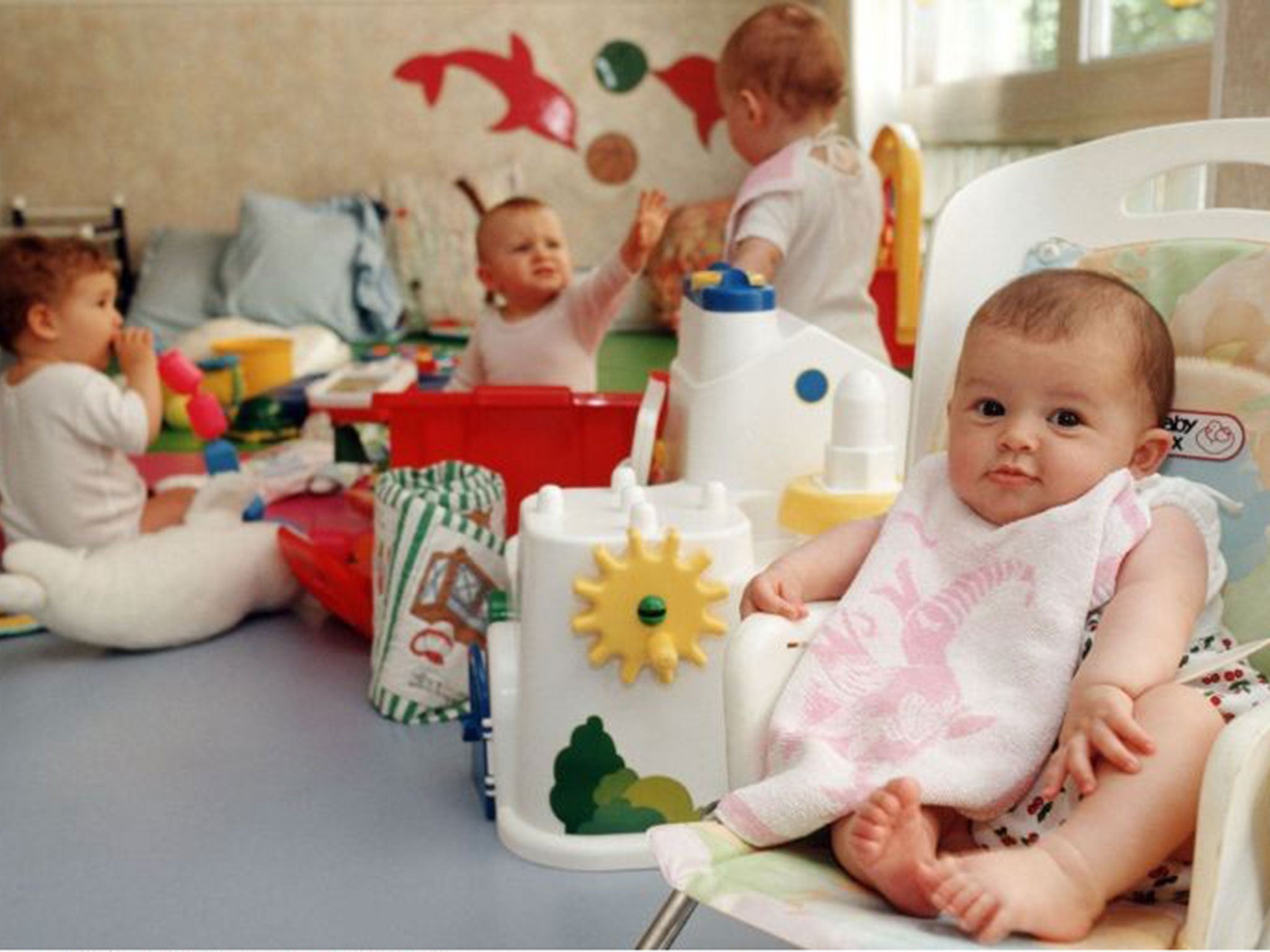Britons urgently want economy where caring duties are equally distributed between men and women, study finds
‘This pandemic has highlighted just how vulnerable we all are to sickness; job loss and financial insecurity and people are now wanting an economy that is more resilient to this,’ says campaigner

Britons urgently want an economy which prioritises gender equality and ensures care work and household chores are distributed equally between men and women, a new study has found.
Research by the Women’s Budget Group found four in five believe women and men should share childcare and caring for older and disabled family members equally.
Campaigners say the coronavirus crisis has shone a light on pre-existing inequalities in how unpaid care work is dished out within families - with the pandemic having aggravated gender gaps.
Two in three of the 2052 people polled thought the government should encourage and financially support men to do more carework, with this figure rising to three quarters of those living in former red wall areas.
Previous studies have shown women bore the brunt of childcare responsibilities, household chores and homeschooling during lockdown, irrespective of whether they were working or not, while the closure of schools and childcare providers has compounded existing inequalities in how such duties are distributed among some couples.
Marion Sharples, one of the report’s authors, said: “In order to have an economy that works for everyone we need a bold vision of an economy that includes everyone. Care is central to this vision. We will all require care at some point in our lives.
“At the moment care work isn’t shared fairly, with women doing the majority of care, both paid and unpaid. This means women have less time for paid work and other activities, so they earn less, own less and are more likely to be living in poverty. At the same time, men are expected to be the main breadwinner, so they do not have the time to care for others.
“Our polling shows that both women and men want to change this and they are willing to pay for it through higher tax. The report lays out a vision of an economy where we have time to care, and time free from care”.
Eight in ten of those polled believe social care for older people and disabled people should be available to everyone based on their needs rather than how rich they are. While three quarters said they would fork out more tax to back government investing in free social care for all adults over the age of 65 and disabled people.
Professor Diane Elson, chair of the Women’s Budget Group’s Commission on a Gender-Equal Economy, said: “Covid-19 has illuminated and intensified existing inequalities and the ways in which our economy fails to ensure wellbeing and sustainability.
“Our vision for a caring economy not only benefits women – although it undoubtedly will. It benefits men too. It recognises that our existing economic model has also been failing men, especially when it comes to health, quality of life, and time to care for their families.
“A caring economy will improve men’s wellbeing, as well as women’s, and create a more gender equal society that will enrich all our lives."
Some three in four said they believed economic equality between women and men is the sign of a good society.
Mary-Ann Stephenson, director of the Women’s Budget Group, said Britons want an economy which does not solely judge itself by GDP and instead looks at people’s day to day happiness and wellbeing.
She added: “This pandemic has highlighted just how vulnerable we all are to sickness; job loss and financial insecurity and people are now wanting an economy that is more resilient to this. This means investing in people and the public services that can help us live more fulfilled and healthy lives.
“During this pandemic, the public has seen how governments can intervene to protect people’s health and livelihoods through measures such as extending the social security provisions to include the furlough scheme and placing a ban on housing evictions.
“Now, there is mounting support for government intervention to continue far beyond coronavirus and extend to making a vision of a caring economy a reality.”
Researchers found just over half think investing in social care, health and education is more important to the economy’s future than the Conservative government’s tendency to prioritise pouring money into transport and technology sectors.
Caroline Nokes, a Conservative MP who is chair of the Women and Equalities Select Committee, said: “The Covid-19 crisis has highlighted the inequalities in our society, especially gender inequality. It is now impossible to ignore.
“Long term failure to adequately gender-check government policies has led to women faring worse than men in multiple ways – taking on the burden of care, being over-represented in low paid and insecure jobs, and hit hard by decisions around sector shutdowns and re-opening. This failure is a continuing problem which in many ways leaves women more exposed to the harsh social and economic impact not only of this pandemic but other crises too.”
Join our commenting forum
Join thought-provoking conversations, follow other Independent readers and see their replies
Comments

Bookmark popover
Removed from bookmarks